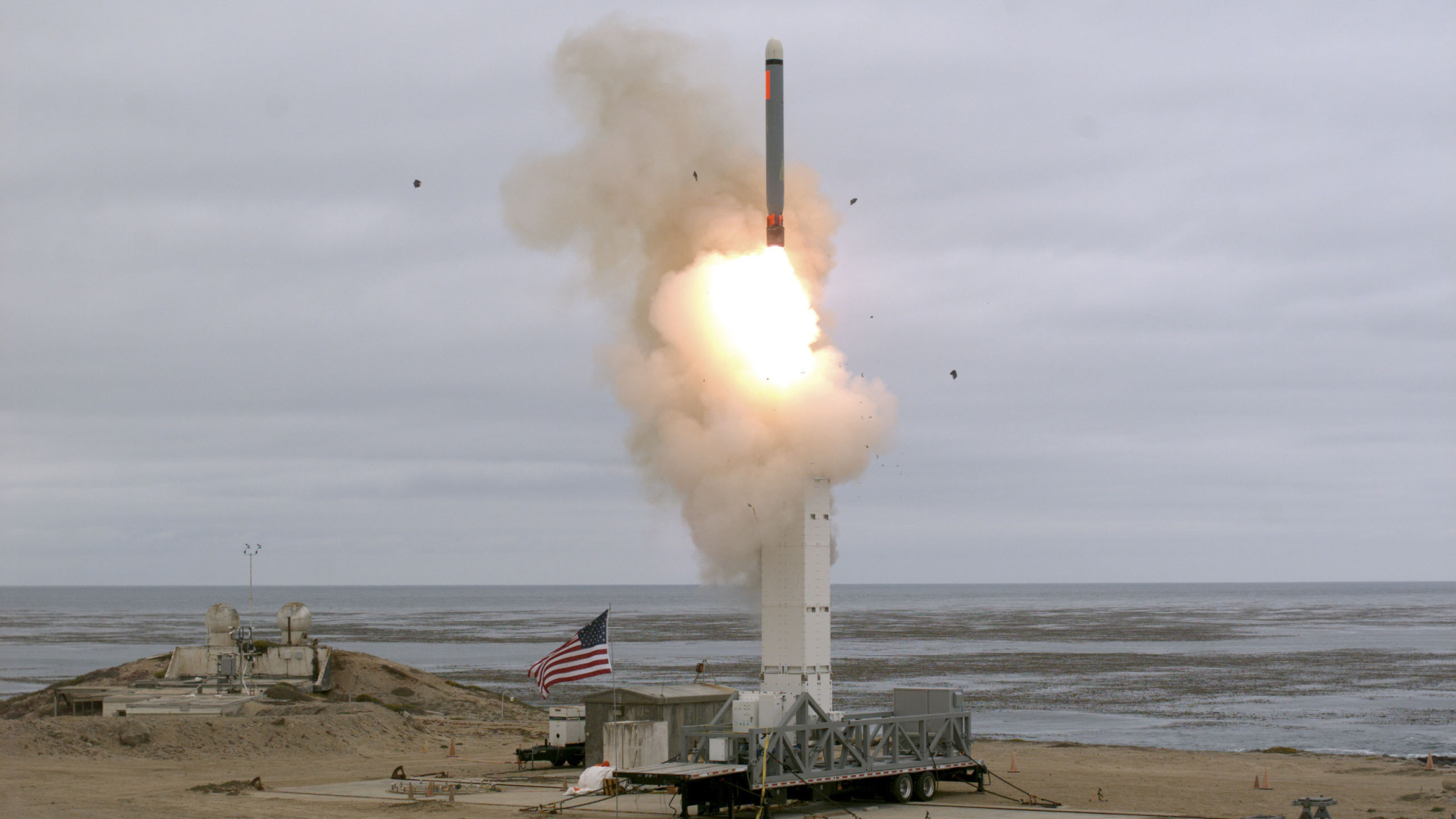The Hiroshima Round Table held its seventh annual meeting last Wednesday and Thursday. For the first time, in recognition of the uniquely dangerous international security environment since the dawn of the atomic age in this beautiful city, the Round Table issued an urgent appeal to maintain existing nuclear arms control, disarmament and nonproliferation pacts and to build on them in order to deepen strategic stability. The Hiroshima Urgent Appeal, signed by all participants with the exception of those whose institutions preclude individual officials signing any public appeals, was in addition to the regular chairman's summary that covers all topics discussed at the meeting.
The appeal listed four pacts. The Intermediate-range Nuclear Forces (INF) Treaty, signed in December 1987, prohibited both conventionally armed and nuclear-tipped ground-launched missiles in the 500-5,500 km range. By the implementation deadline of mid-1991, around 2,700 missiles had been destroyed, of which two-thirds were Soviet-made. Thus the INF made a significant contribution to the security of Europe as the front line of the Cold War divisions, and also underpinned broader international security for 30 years.
As the first nuclear disarmament agreement, it also made a tangible contribution by the two nuclear weapon states with the largest arsenals to the implementation of their disarmament obligations under Article VI of the Nuclear Non-Proliferation Treaty (NPT).

















With your current subscription plan you can comment on stories. However, before writing your first comment, please create a display name in the Profile section of your subscriber account page.